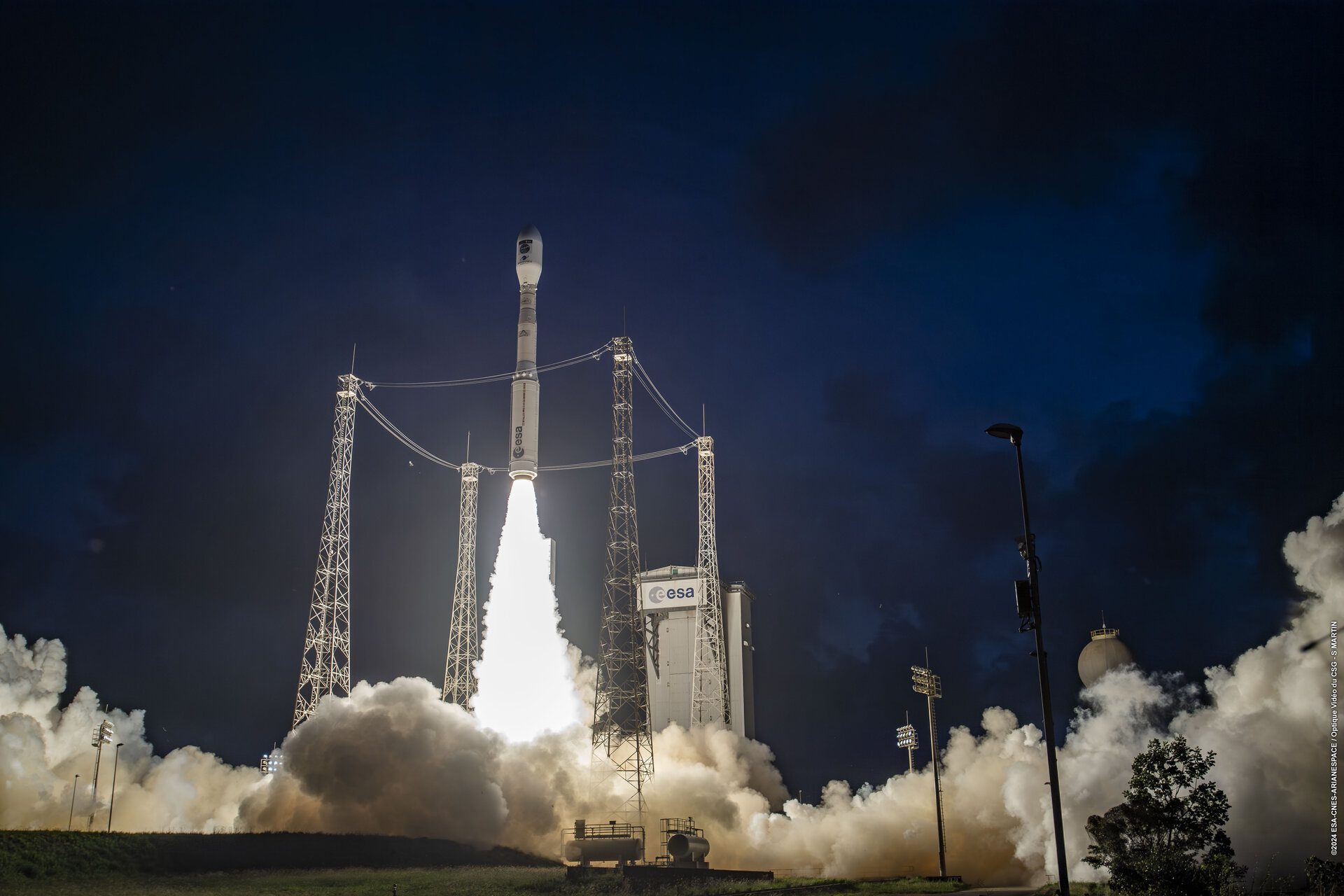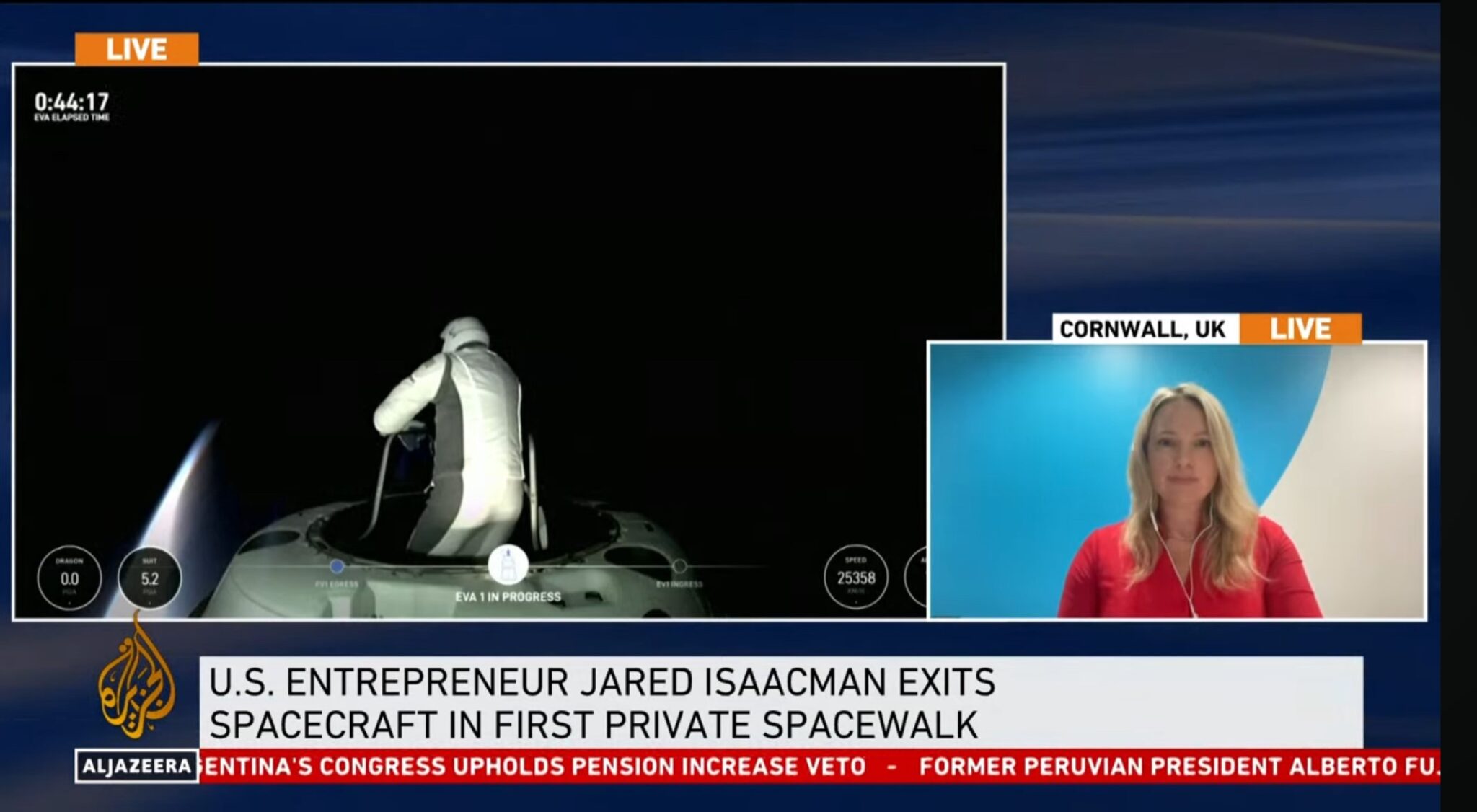The Government of the United Kingdom, led by its Prime Minister David Cameron, came under furious criticism from the “Brexit” side for its planned mailshot attempt to convince the British public to vote to stay in the EU in the referendum in June and using taxpayers money to do so. Specifically, the government has used £9 million of taxpayers’ money to produce a “propaganda” booklet which will be delivered to every UK household under the guise of giving the public “more information”. No equivalent funding will be made available for a similar pamphlet to allow the Brexit campaign to leave the EU to argue its case.
The UK’s Electoral Commission has made known its own concerns over the booklet which, while being produced technically outside the “purdah” period when government spending on political campaigns is limited to prevent such bias, the commission says could still give the “stay” side an unfair advantage.
The official-looking government-produced booklet describes the dangers of leaving the EU including the increased likelihood of economic instability and possible security implications. The publication, of course, fails to give the counter arguments of the other side including the potential advantages of leaving the EU including: a likely reduction in immigration which should make housing more affordable for the young; or that the UK may be better off, or even safer, in the longer term as a fully independent democratic nation.
While these items will be under consideration for many, others are more concerned about their own immediate job prospects and prosperity in the event of a “Brexit”. That list includes the Lloyds of London insurance market. More than two thirds of workers working at Lloyds of London have noted in a survey that leaving the EU would “hurt” or “severely damage” the Lloyds of London insurance market.
A similar poll of 2,000 British scientists living in the UK and the EU conducted by the scientific publication Nature, came out strongly (75%) in favour of staying in the EU. This pro-EU support is thought to be mainly driven by concerns over losing EU scientific funding, over losing access to key European science projects, and over scientists being no longer allowed to work in Europe if Brexit occurred.
Brexit supporters point out however that leaving the EU would not mean the UK leaving European scientific organisations such as ESA or CERN which remain independent of the EU.
Comment by David Todd: The EU referendum in June is likely to be close as there are pros and cons for the UK in either leaving or staying in the EU. However, the government’s blatantly biased mailshot campaign should may yet prove to be counterproductive. If there is a Brexit backlash against such disgraceful “referendum rigging” which swings the finely balanced referendum in favour of leaving the EU, then this will be entirely the government’s fault.
As it is, at least this writer now knows for certain which way he will be voting. And he has not even read the official government booklet yet.






